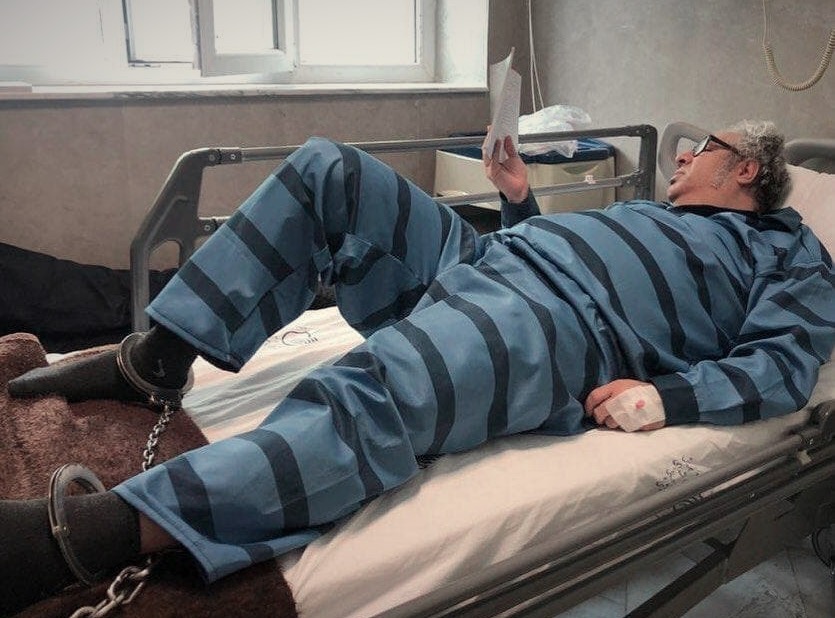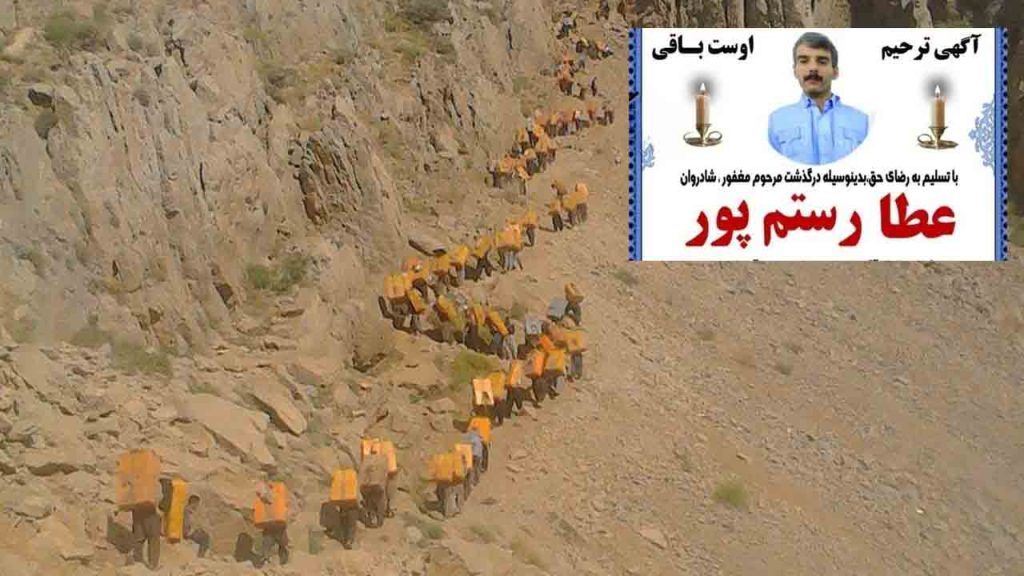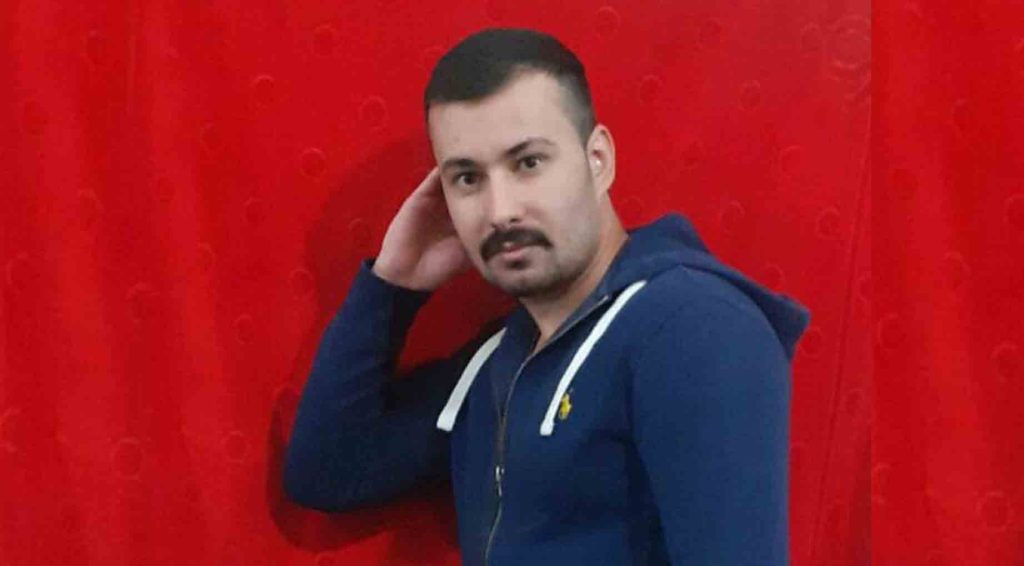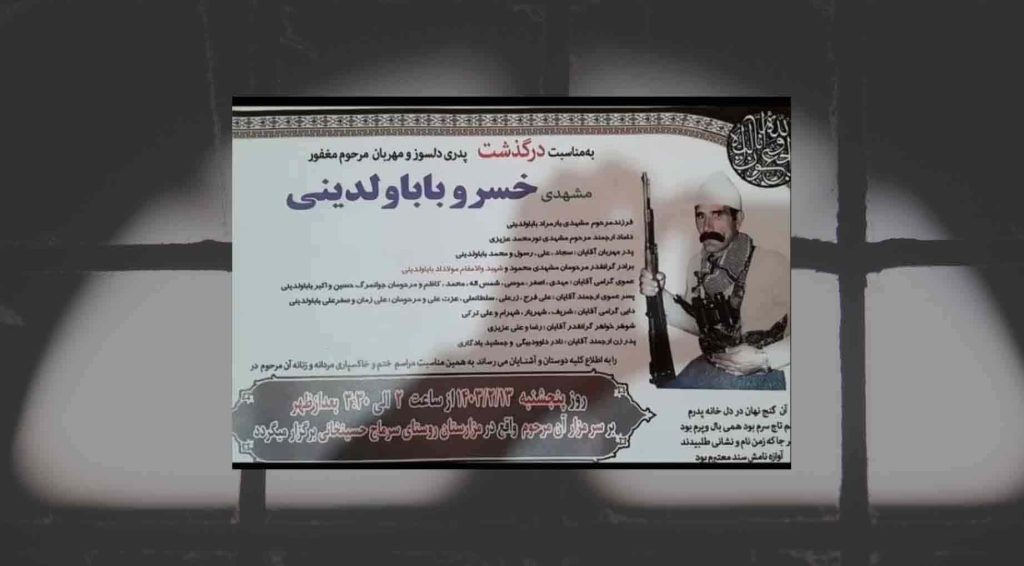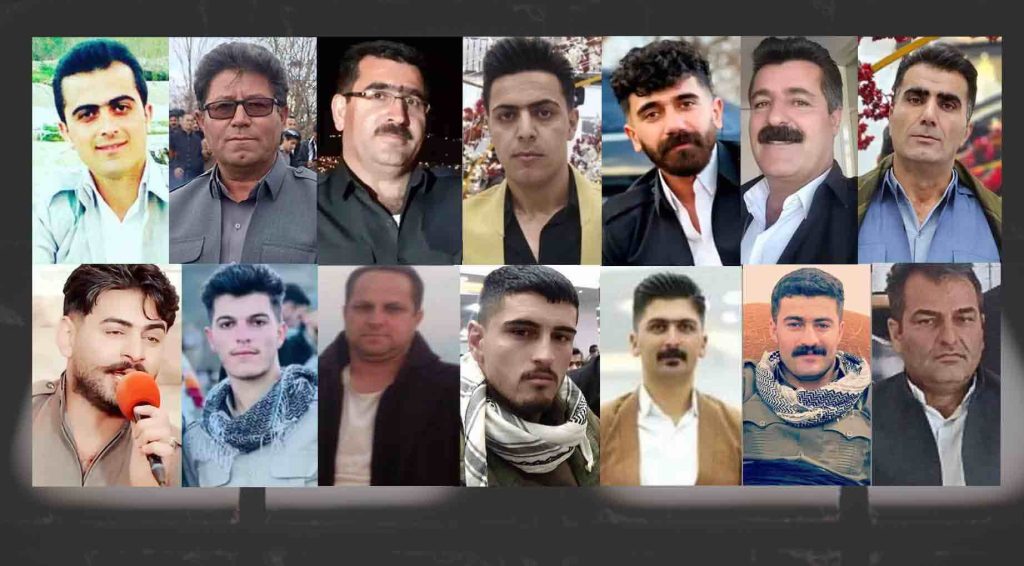A group of political prisoners in Rajai Shahr Prison in Iran’s northern Karaj province have written a letter on the death of writer Baktash Abtin in prison and held the Islamic Republic of Iran responsible for it.
“We believe that only by responsibly participating in litigation campaigns and challenging the authority regarding such crimes can the recurrence of such tragedies be prevented”, said the prisoners in the letter.
Abtin had been jailed in Evin Prison in Tehran since 26 September 2020, to serve six years imprisonment sentence. He had been charged with “propaganda against the state” and “assembling and colluding with the intention of acting against national security”.
On 6 December 2021, the writer was transferred from prison to Taleghani Hospital in Tehran after suffering from fever and high blood pressure caused by the coronavirus.
Abtin lost his life in the hospital on 8 January.
The letter’s full text:
The great nation of Iran
Once again, the locomotive of serial killings, at Evin station, put another writer to death in chains to set a record in fulfilling the most important of duties.
Yes, in the course of the fight against censorship and coercion and ignorance, another irreparable cost was incurred on the dissident and freedom-seeking society. Baktash Abtin, a member of the Iranian Writers ‘Association, sacrificed his life for the freedom of expression to be a witness to the rulers’ dictatorship, the dominance of interrogators, and the incompetence of the Islamic Republic’s judiciary.
Abtin’s crime was speaking and writing, and his guilt was questioning and enlightenment; what is the basis for the imprisonment of compassionates like him, especially during the coronavirus pandemic, other than the irrationality of the authorities and the fear of the rulers from the capital of this land?
We, the political prisoners imprisoned in Rajai Shahr Prison, while expressing our sympathy with the family of that great nobleman, hold the Islamic Republic responsible for his death and believe that only by responsibly participating in litigation campaigns and challenging the authority regarding such crimes can the recurrence of such tragedies be prevented.
Saeid Eghbali, Motalleb Ahmadian, Ahad Barzegar, Iraj Hatami, Hamzeh Savari, Hassan Sadeghi, Pirouz Mansouri, Abdolrasoul Mortazavi, Ali Musainejad Farkoush, Mehdi Meskinnavaz, Farhad Meysami, Nasrollah Lashani
Abtin’s death another ‘black page of crimes’ by IRI – Iranian Writers’ Association
Meanwhile, the Iranian Writers’ Association also issued a statement, saying that “the government of those who are anti-freedom” took Abtin’s life.
“On 3 December, Baktash Abtin went to the infirmary of Evin Prison [in Tehran], with obvious signs of the coronavirus, and for three days after that, he was wandering between the infirmary and the [prison] ward without receiving any treatment. On 6 December, Abtin’s deteriorating condition reached a point where the guards quietly took him to the hospital at night. While two days later, following the follow-ups of Abtin’s family and inmates, it was finally revealed that he was hospitalised in Taleghani Hospital, prison and hospital officials continued to refuse to provide any information about Abtin’s illness. Abtin was chained to a hospital bed; without any visits and news from outside. Thus, the ten vital days of the beginning of the illness were deliberately lost in the prison and in the hospital in contract with prison under the pressure of the security forces. On 13 December, Abtin’s half-dead body was transferred to another hospital and the treatment process began in a critical condition. The illness, its complications, and the stress of the first ten days, slowly weakened Abtin’s body. On 1 January, doctors were obliged to put him to artificial sleep so that they might be able to save him from the forced gradual death. At noon on 8 January, Baktash Abtin’s passionate heart stopped and another black page was added to the crimes of the Islamic Republic.”

